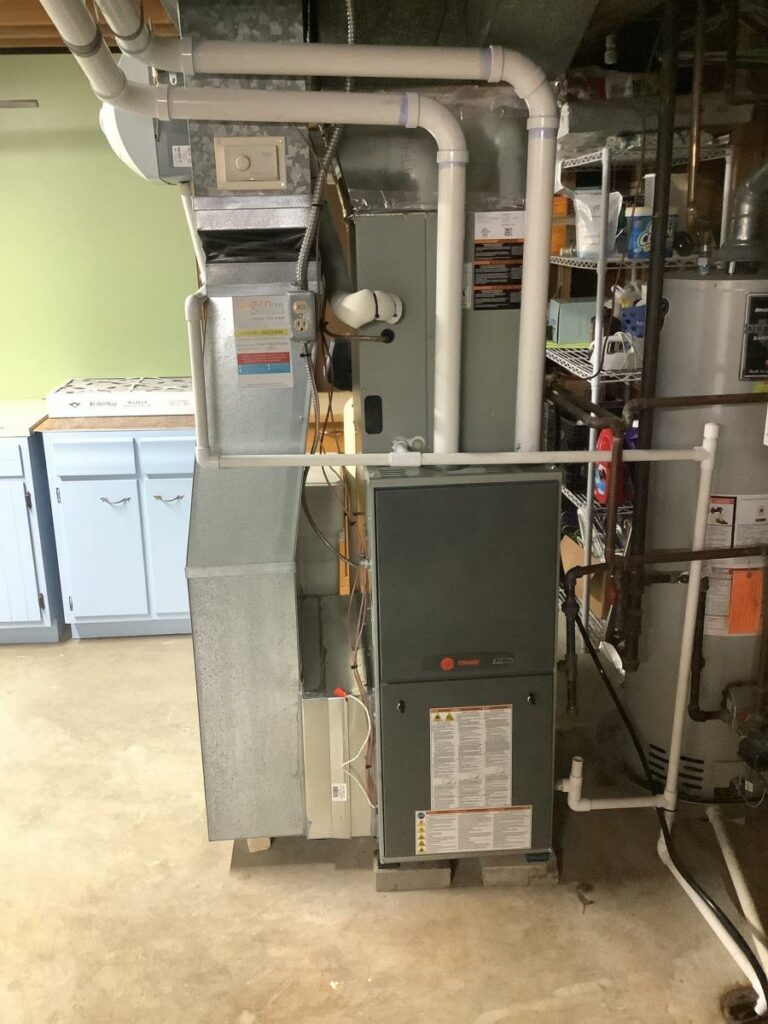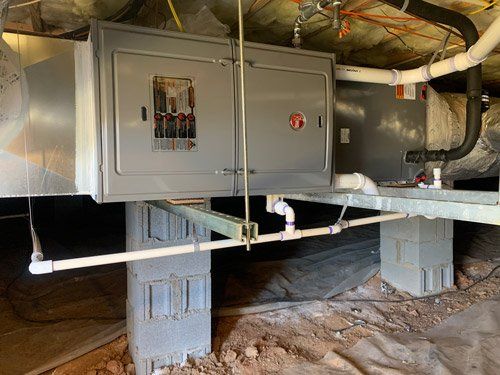Why furnace installation is important for optimal home heating efficiency
Why furnace installation is important for optimal home heating efficiency
Blog Article
The Ultimate Guide to Furnace Installment for a Cozy Home
Furnace installation is a vital element of maintaining a comfy home environment, particularly throughout the colder months. As you think about these aspects, the concern remains: what actions can you take to ensure your heating system serves you well for years to come?
Sorts Of Heaters

Gas furnaces are the most typical selection due to their effectiveness and lower functional expenses. They make use of gas or gas, providing quick home heating and constant efficiency, making them perfect for chillier environments.
Electric heaters, while typically simpler to install and preserve, often tend to have higher operational costs. They are often preferred in areas where gas solution is unavailable or for homes with existing electrical infrastructure.
Oil heaters, though much less usual today, continue to be a viable option in particular areas. They melt home heating oil, which can be helpful during chillier months, but their reliance on oil delivery postures possible obstacles.
In addition, there are high-efficiency designs offered across these types, which can dramatically reduce energy intake and utility expenses - furnace installation. Ultimately, comprehending these heating system types will aid homeowners select a system that lines up with their heating requires, budget plan, and energy preferences
Picking the Right Size
Selecting the ideal dimension for a heating system is vital to making sure ideal performance and power performance. A small heating system will struggle to maintain comfy temperature levels throughout the cool months, causing boosted deterioration, greater energy bills, and possible system failure. Conversely, an extra-large heater may cycle on and off also often, resulting in ineffective heating and uneven temperature level circulation within the home.
To figure out the correct heater size, a calculation called the Guidebook J tons computation ought to be performed. This procedure examines various variables, including the square video of the home, insulation degrees, window sizes, and neighborhood climate conditions. This thorough analysis guarantees that the heater satisfies the particular heating demands of the room.

Installation Process Introduction
In regards to materials, you will need ductwork, insulation, and securing tape to make sure optimal airflow and power effectiveness - furnace installation. It is also vital to have a brand-new furnace filter on hand, in addition to venting products, such as PVC pipe or steel flue, depending upon the kind of heater being set up
Safety tools, including handwear covers, goggles, and a face mask, is additionally important to safeguard versus dust and particles during installment. Having all these tools and products easily available not just improves the procedure but additionally improves the safety and efficiency of the furnace installment.
Maintenance Tips for Durability
To ensure the durability of your furnace, it is necessary to execute a normal maintenance routine that addresses crucial components of the system. Begin by replacing or cleansing the air filter every one to three months, as a clogged up filter her response can restrict air movement and decrease effectiveness. Additionally, check and clean the blower assembly to stop dust buildup that can impede efficiency.
Following, inspect the thermostat settings and rectify if required to ensure accurate temperature level guideline. Examine the ductwork for leakages or blockages, as this can cause power loss and uneven home heating. Regularly oil the motor and bearings according to the manufacturer's recommendations to reduce wear and tear.
Specialist inspections ought to take place annually, where a qualified professional can examine the heater's overall problem, check for gas leaks, and ensure that security features are operating appropriately. Lastly, think about setting up a programmable thermostat to enhance power use and keep consistent home temperatures. By adopting these upkeep methods, you can enhance your heating system's performance, prolong its life expectancy, and inevitably appreciate a cozy and comfortable home environment.
Conclusion

Report this page